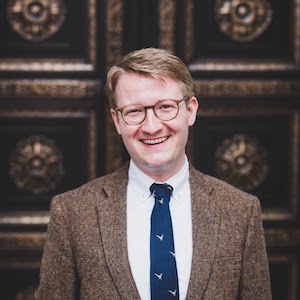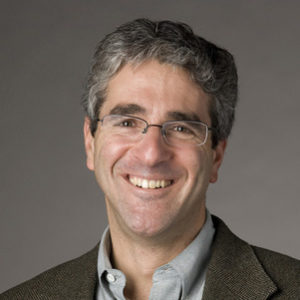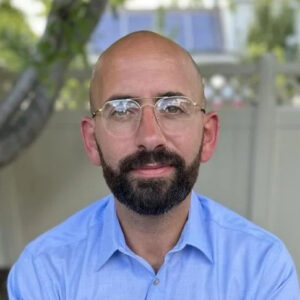The Bible & Political Philosophy
Explore the political teaching of the Book of Genesis.
Mondays | June-July 2025
Online
For Jews and Christians, Genesis is the first book of God’s revelation to humanity of their place in the world and their place relative to God, as beings made in God’s image. And so, for the faithful, the study of Genesis is crucial to living an examined life. If read closely, with an open mind, and a willingness to learn from the text, however, Genesis can help both the faithful and non-believers examine what it means to be human, how best to live our lives, and what pitfalls we face given the flaws in our nature. This is especially true if we start by noting that the presentation in Genesis of creation, the fall, the flood, the tower of Babel, and the account of Abraham and his descendants suggests certain puzzles.
Why, for example, does God create light on the first day, but light-giving things (the sun, moon, and stars) on the fourth? Why are there two accounts of the creation of human beings, one where men and women are created at once, and a second in which woman is fashioned from man’s rib? What does it mean to say that we are created in the image of God? Why does God forbid human beings to eat the fruit of the tree of knowledge of good and evil, and why do we do it anyway?
Over six sessions, we will read the whole of Genesis slowly and carefully. By the end, students will have encountered one of the deepest meditations ever written on human nature, creation, and the moral structure of the world—and will be equipped to return to it for the rest of their lives.
Prof. Utter discusses reading Genesis as a great book
This course is offered by Humanities at Hertog. It takes place weekly on Mondays, via Zoom, from 6 PM to 8 PM ET.
This seminar is open to Hertog alumni of all class years and programs. Up to 15 fellows will be selected. Admissions are made on a rolling basis. Apply by May 12 using the link in the Hertog Newsletter.
Questions? Can’t find the link? Email nate@hertogfoundation.org.

Christopher Utter is Associate Director of the Lincoln Scholars program and term professorial lecturer in the Department of Government in the School of Public Affairs at American University. He regularly teaches courses in the Lincoln Scholars program as well as upper level political theory courses. His research focuses mainly on classical political philosophy with a particular interest in the problem of theory and practice in Plato and Aristotle.

Christopher Utter is Associate Director of the Lincoln Scholars program and term professorial lecturer in the Department of Government in the School of Public Affairs at American University. He regularly teaches courses in the Lincoln Scholars program as well as upper level political theory courses. His research focuses mainly on classical political philosophy with a particular interest in the problem of theory and practice in Plato and Aristotle.

Laurence Cooper
Laurence Cooper is Professor of Political Science at Carleton College. Most of his research has addressed the question of human flourishing—what it is, how we can know what it is, what it requires from education and politics, and the risks that arise from misunderstanding it.

Bryan Garsten
Bryan Garsten is Professor of Political Science at Yale University. He writes on questions about political rhetoric and deliberation, the meaning of representative government, the relationship of politics and religion, and the place of emotions in political life.

Alex Priou
Alex Priou is an Associate Professor of Political Theory at UATX. His research and teaching both focus on the history of political philosophy, with specialization in Plato and the Pre-Socratic poets and philosophers. He often writes for a broader audience on his Substack and Public Discourse and is the co-host of a weekly podcast The New Thinkery where he discusses a broad array of texts philosophical, historical, political, and literary.

Mary Elizabeth Halper
Mary Elizabeth Halper is Dean of the Humanities at Hertog program and a tutor at St. John’s College, Annapolis. Previously, she was Associate Director of the Hertog Foundation. She graduated with B.A.s in Philosophy and Classics from the University of Dallas and has since been devoted to liberal education in various forms.

Jacob Howland
Jacob Howland has published five books and roughly 60 scholarly articles and review essays on the thought of Plato, Aristotle, Xenophon, Kierkegaard, the Talmud, the Holocaust, ideological tyranny, and other subjects. His most recent book is Glaucon’s Fate: History, Myth, and Character in Plato’s Republic.